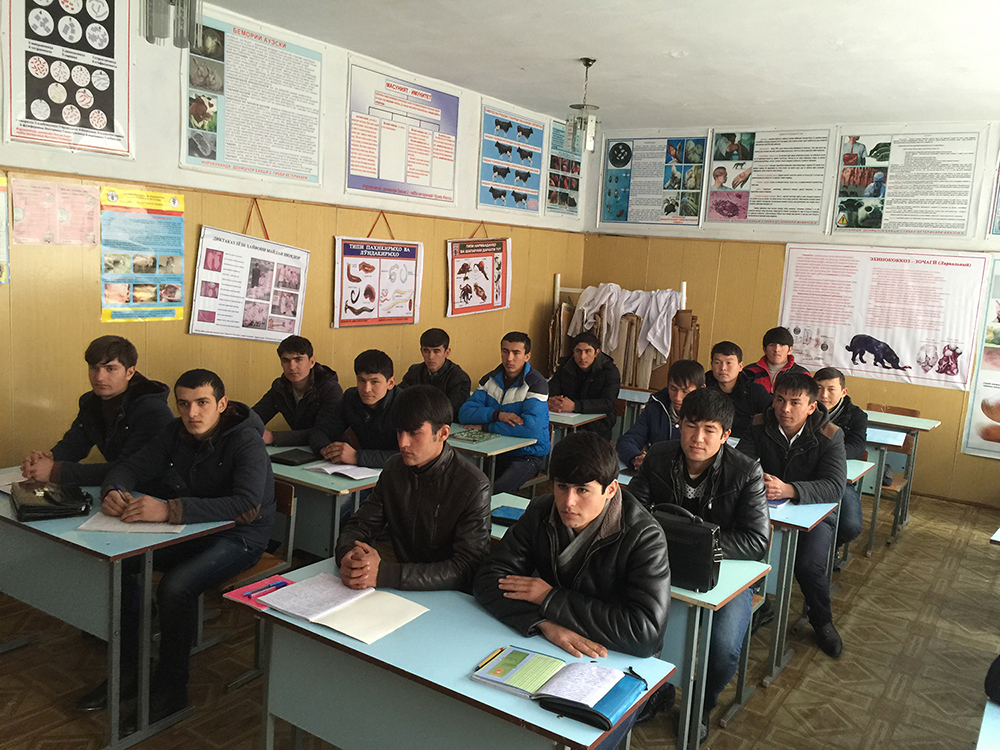By: Laina Schneider
Landlocked high in the Pamir mountain range of Central Asia is a country which often appears on lists of the least visited places on earth. Tajikistan is wedged between western China and Afghanistan, and was the poorest republic of the Soviet Union. Following independence in 1991, while former Soviet neighbors made great economic strides, the country was engaged in a civil war which lasted through the 1990s.
This lag behind its counterparts has left the country with an outdated education system, inefficient agricultural value chains and deeply embedded centralized government structures. These problems, compounded by institutionalized language barriers – curriculum and textbooks are almost entirely in Russian, while neither Russian nor English are taught in primary and secondary schools – leave the labor force ill-equipped to find sustainable domestic employment. This is reflected in the economy’s dependence on foreign remittances, which comprised 47% of GDP in 2012 (World Bank).
Last month, an InnovATE scoping team was invited by the USAID mission in Tajikistan to investigate the status of agricultural education and make recommendations to improve program access and quality. InnovATE’s goal is to bridge the gap between industry demand for labor and the skillsets of graduates coming out of secondary schools and universities.
Throughout visits with university faculty, students, NGOs, private companies, processors and government agencies, the team found that the agricultural education system in Tajikistan is at risk of becoming irrelevant within 10 years. Yet despite the many challenges involved in updating curriculum and improving the quality of courses, they found promise in the Tajik people.
“The Tajiks are very proud of their country and want to see their economy improve. Faculty at the universities asked if we could help them continue developing their skills in teaching and research,” said Kurt Richter, InnovATE team member from Virginia Tech. “We need to ensure that faculty are being trained, so that when institutional investments are made to update education, they are ready to respond.”
Richter spoke highly of the team’s commitment to assessing problems and seeking solutions. The group included Kristal Jones of Pennsylvania State University, Nargiza Ludgate of University of Florida, and Karen Duca of USAID Washington. Together, they compiled their findings which, at the end of the three week scoping visit, they shared with the USAID mission. They are hoping to share their final report with both the mission and the public on the InnovATE website in the coming weeks.


